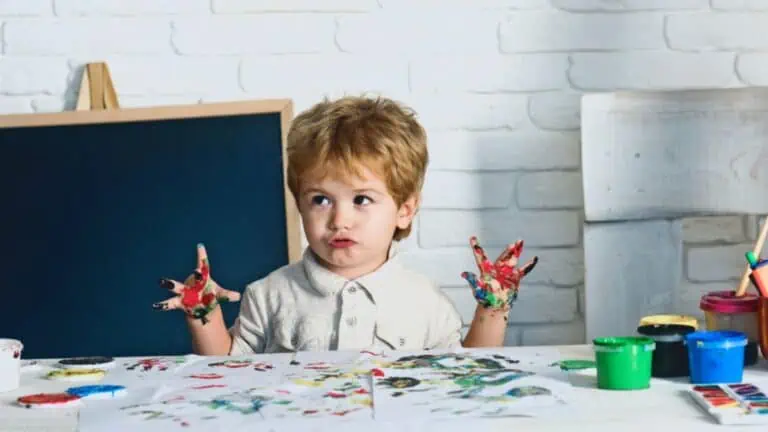16 Reason Kids Become Bullies
This post may contain affiliate links. As an Amazon Associate, I earn from qualifying purchases.
If you have school-aged children, one of the biggest concerns you might face is the risk of them being victims of bullying or, worse, bullying other kids. Or it’s also possible that as a child, you had suffered at a hand of a bully and still living with the trauma.
Kids bullying is the most common occurrence that is mainly seen in school. Kids of all ages can be the subject of bullying others or being bullied by others. However, the reported incidences of children being bullied in middle school are higher than those in primary or high school.
According to the National Bullying Prevention Centre, one out of every 5 children is reported to be bullied.
Unfortunately, the impact of being bullied has a severe effect on the mental health of children. It’s also the reason for lower grades in their academic years.
But what turns a kid into a bully? It’s a mix of several factors that can cause a child to bully others. If these reasons are correctly addressed, we can reverse the situation. Let’s discuss the 16 reasons that make a kid bully.
1. Lack of Attention
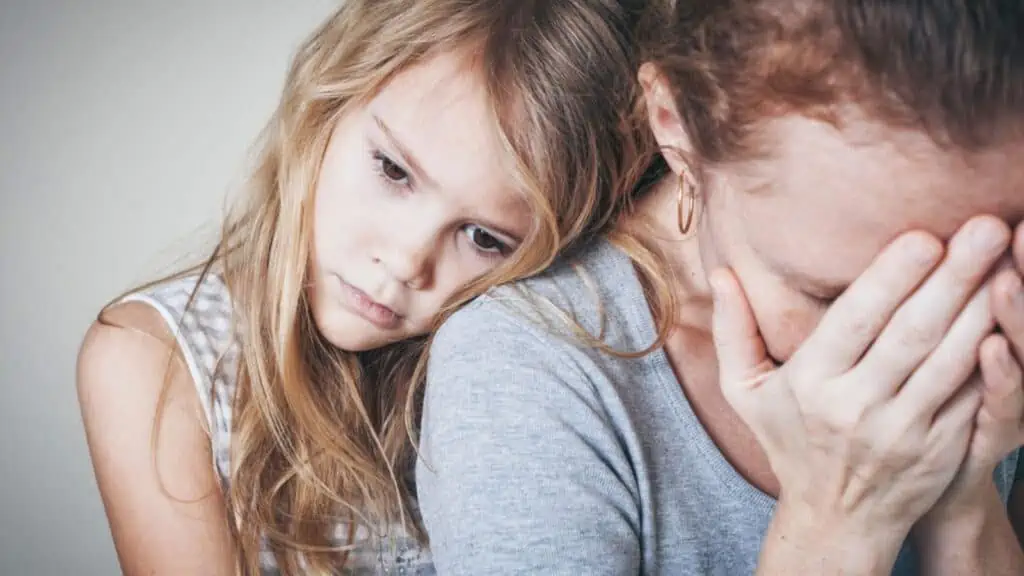
One of the significant reasons a child can turn into a bully is because he is starved for focus and attention from busy parents or teachers. Such children start looking for ways to gain attention, even if it’s negative. By bullying others, they become the center of attention, which makes them feel better.
Parental guidance and attention are important in shaping a child’s behavior. If they ignore their children’s needs and fail to set clear rules, there is a high chance kids might become bullies.
2. Desire for Power and Control

Some children might feel powerless in other areas of life, like at home or in studies, so they bully others to create a sense of power and control. While this behavior might give them a brief boost of dominance, this cycle of hurtful behavior keeps harming society.
Parents and teachers should encourage kids to learn positive ways to feel powerful to deal with it. For example, asking them to take leadership roles in school communities can help break the damaging cycle.
3. Low Empathy
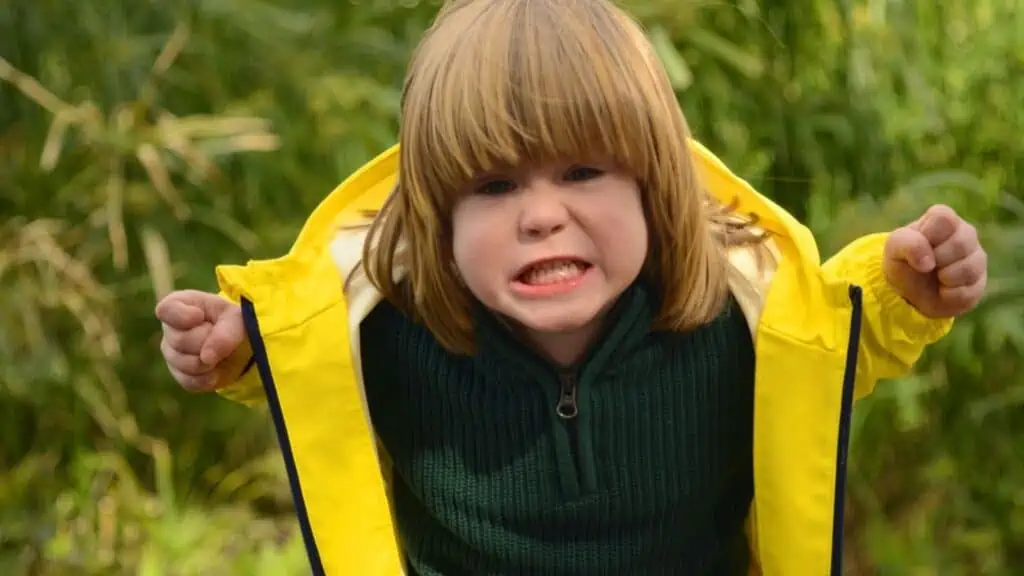
Empathy, or the ability to understand and share the feelings of others, is an essential skill for active and positive social relationships. However, most bullies lack empathy towards others. It means they have difficulty putting themselves in someone else’s shoes to feel how bullying would make the other kids feel.
Even if someone tells them about the damage their actions have caused, they don’t feel guilty or regretful. This lack of empathy keeps the bullying going because they won’t feel bad about it, so nothing stops them from doing it.
4. Pressure and Desire to Fit In
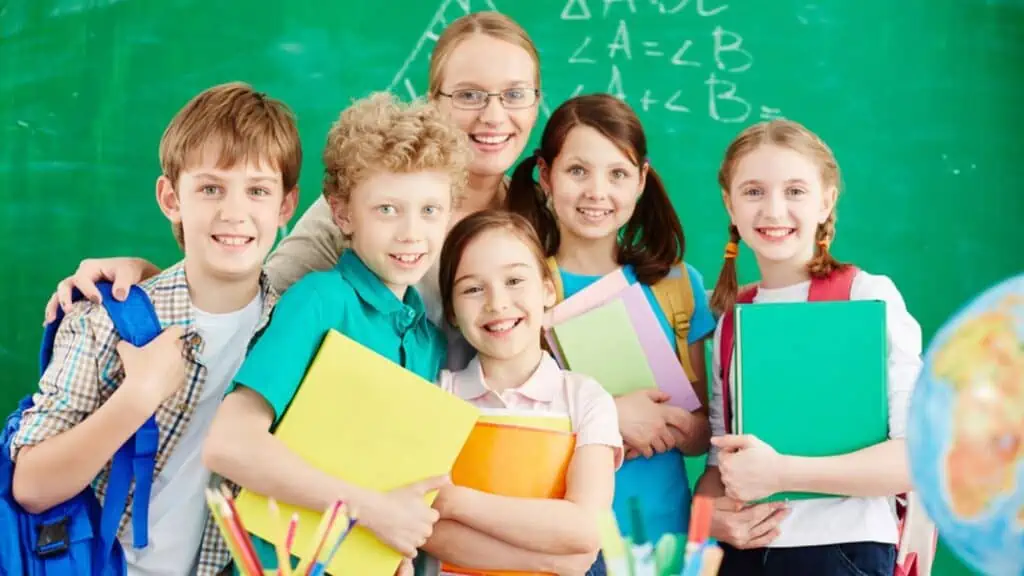
During the initial years of schooling, some children perform better, which makes the other kids feel low and unvalued. With the constant pressure to perform better and be prominent among others, they get in the wrong direction of bullying.
Moreover, Some kids who wouldn’t usually engage in bullying start doing it to fit in with the popular groups at school. Wanting to be accepted by the “cool” kids can make a kid ignore their judgment related to bullying. They start bullying because they see everyone else doing it.
5. Insecurity
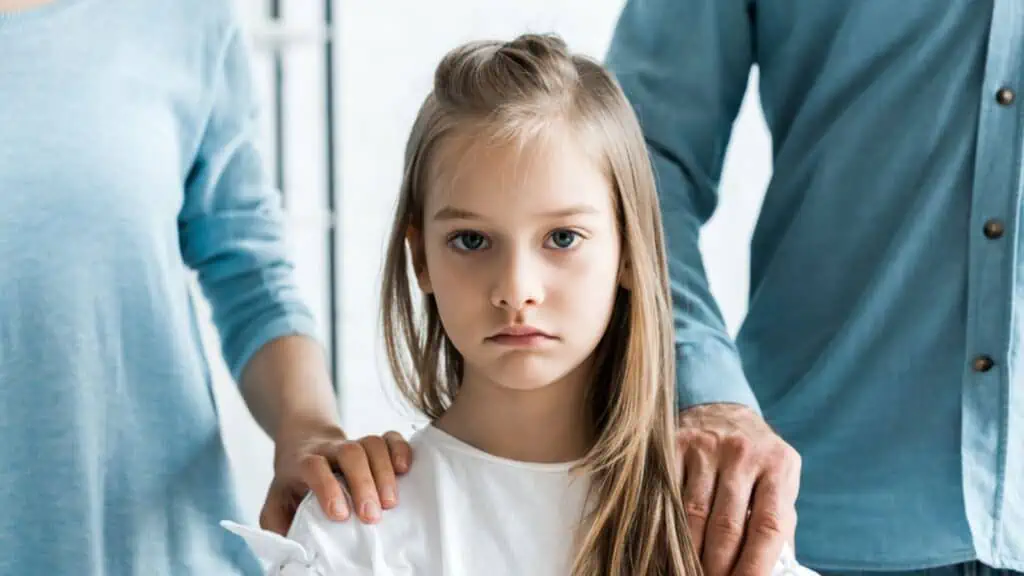
Insecurity or low self-esteem is always connected with bullying behavior. Kids who bully usually feel bad about themselves deep down. However, on the outside, they might appear tough and confident.
They bully others to hide their low self-esteem. When they put others down, it temporarily makes them feel better about themselves. But it’s just a quick, empty fix. It doesn’t solve the doubts that lead to the bullying in the first place.
6. Seeking Validation
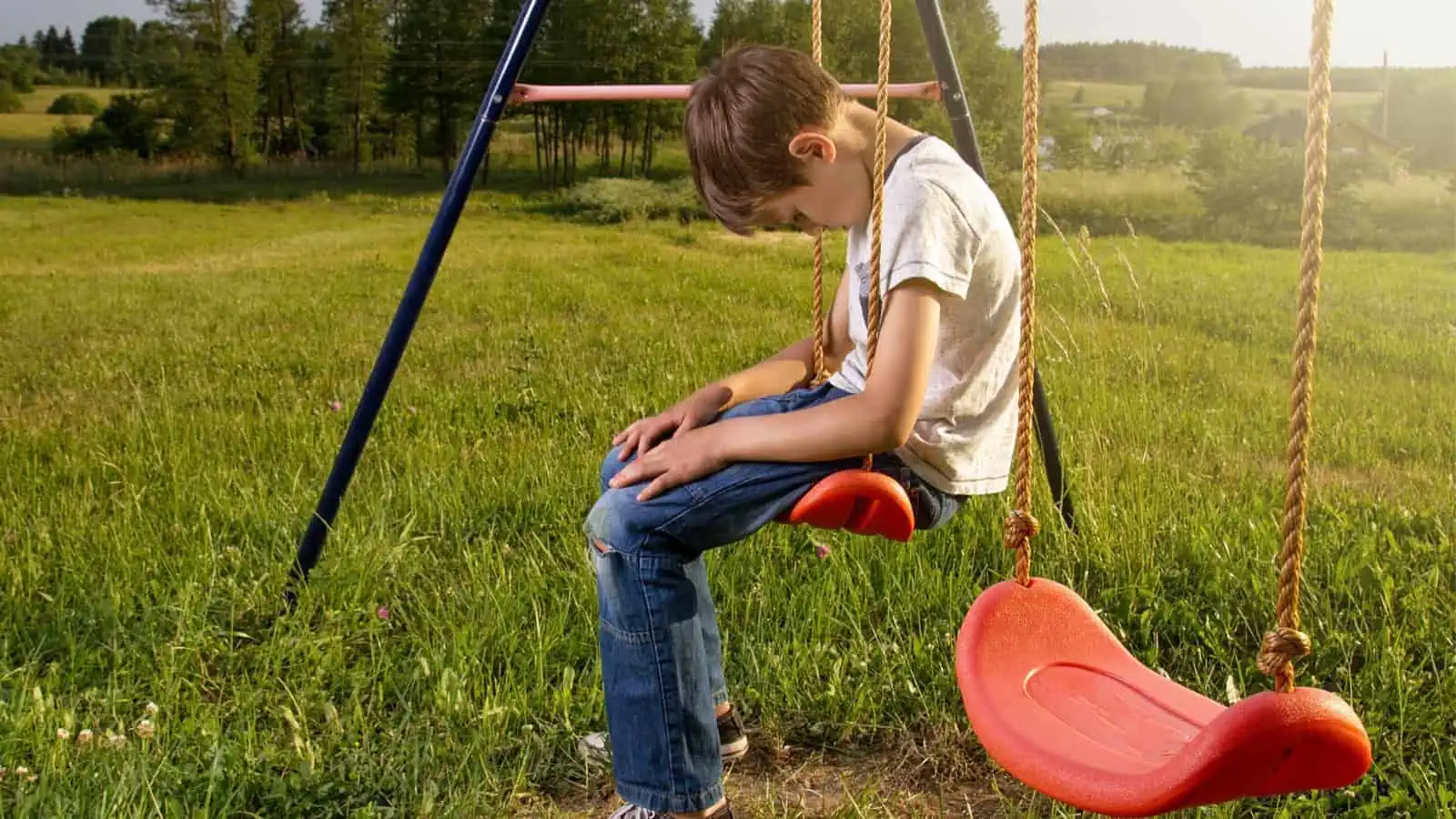
When kids don’t receive enough appreciation at home for their achievements, they become bullies to get validation from others in unhealthy ways.
By intimidating, harassing, or putting others down, they try to get admiration, status, or even fear from others, which they mistake for respect. The real problem is that they lack self-validation and depend on others to make them feel better, which can lead to bullying.
7. As a Revenge for Being Bullied Themselves
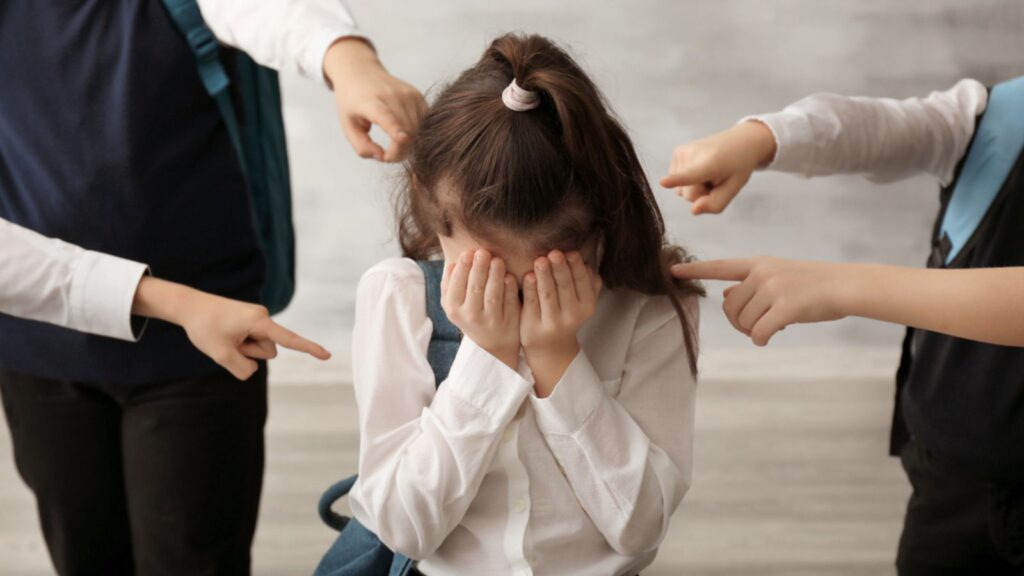
In the most heartbreaking cases, kids who were victims of bullying become bullies themselves. They carry with them a lot of hurt and trauma, and when it gets too much, they start lashing it out on others who they see as vulnerable.
It’s a complex situation where the victim turns into the bully, trying to regain power and control after feeling helpless for ages.
To end this vicious cycle, adults should step in and sort out the cause of the problem. Counseling is a great way to help heal both victims and bullies.
8. Jealousy or Envy
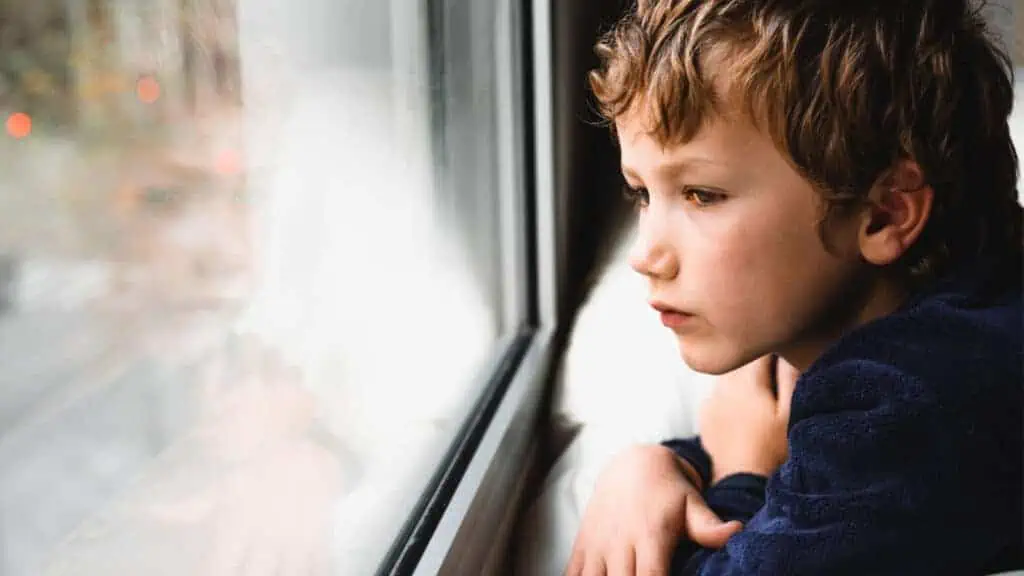
Jealousy is another factor in why some kids bully others. When a kid feels jealous or threatened by someone else’s skills, popularity, looks, or qualities they have, they might start bullying. This could mean spreading rumors, physical abuse, or excluding them from groups.
They do this to try and make themselves look better or feel better among their friends. It’s super important for parents and teachers to notice when this is happening and take action.
9. Unresolved Anger and Frustration
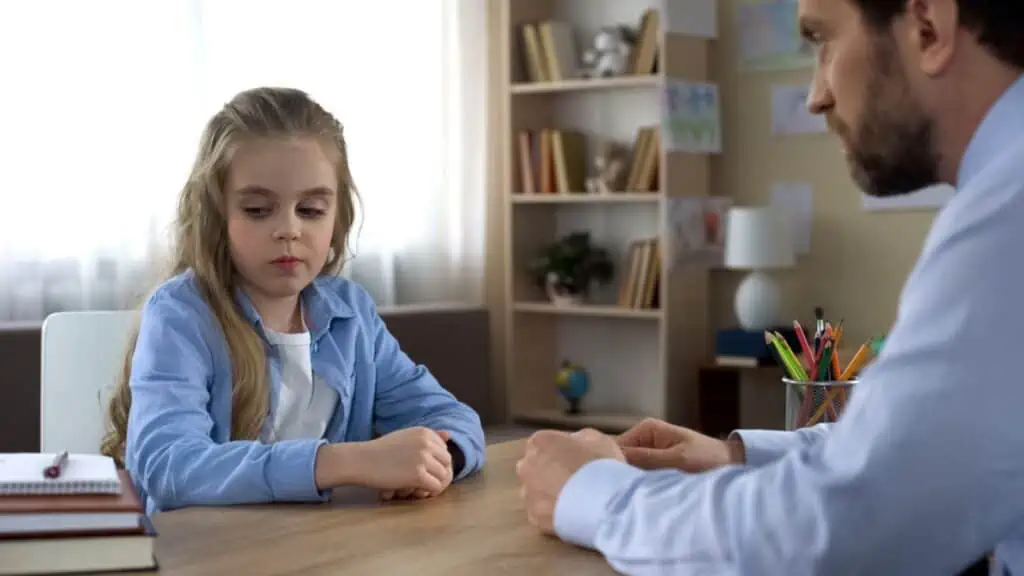
Unresolved anger or frustration can lead to kids becoming bullies. Sometimes, when they don’t know how to deal with their feelings appropriately, they take it out on others. It’s like bullying becomes their go-to way to handle emotions they can’t control.
Kids might feel angry or frustrated for many reasons, like problems at home, school struggles, or issues with friends. If they’re not taught healthy ways to deal with these feelings, they might start bullying as a way to express their anger.
10. Learned Behavior
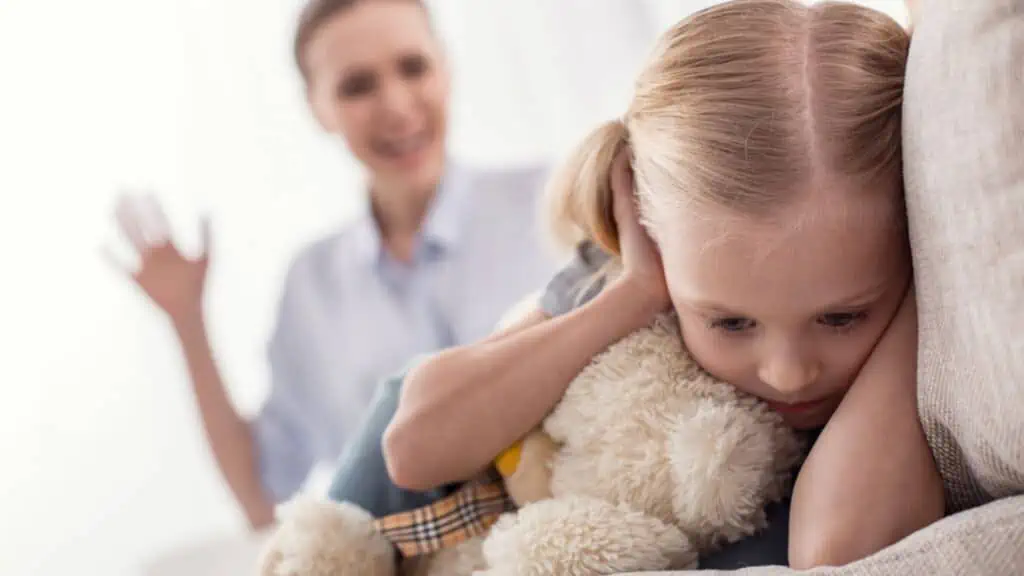
Kids who see aggressive or bullying behavior at home, either from parents or siblings, might start acting the same way at school or with their friends. If children grow up where yelling, name-calling, shaming, and physical abuse are common practices for solving problems or getting what they want, they begin to think this is normal or okay.
Children naturally look up to their parents as their first examples of how to act and treat others. A dysfunctional family dynamics leads kids to bully people at school or in other relationships because that’s all they know, and they feel right about it.
11. Lack of Awareness
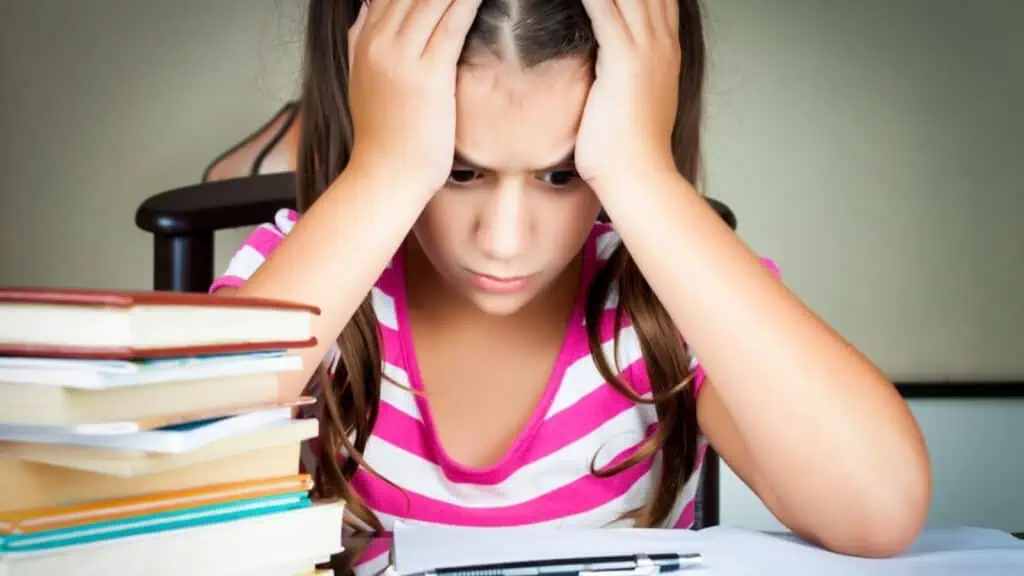
Unfortunately, many kids are unaware of how their actions affect others. Often, kids might bully without realizing the emotional and psychological hurt they’re causing.
It’s not like they’re always doing it on purpose; sometimes, they just haven’t been taught about the outcomes of their actions, or they don’t see their actions as bullying.
Showing kids how their actions affect others from a young age helps them make kinder and more respectful choices when hanging out with their friends.
12. Effects of Social Media

These days, kids spend more time on social media, where they are exposed to all sorts of content, including videos of fights and bullying. This content can influence how kids think about and act towards others.
Kids who watch a lot of these aggressive videos might start to think bullying is normal and could even develop bullying tendencies. It’s like they see so much violence online that it starts to seem normal, and they might mimic it in real life.
13. Mental Health Issues
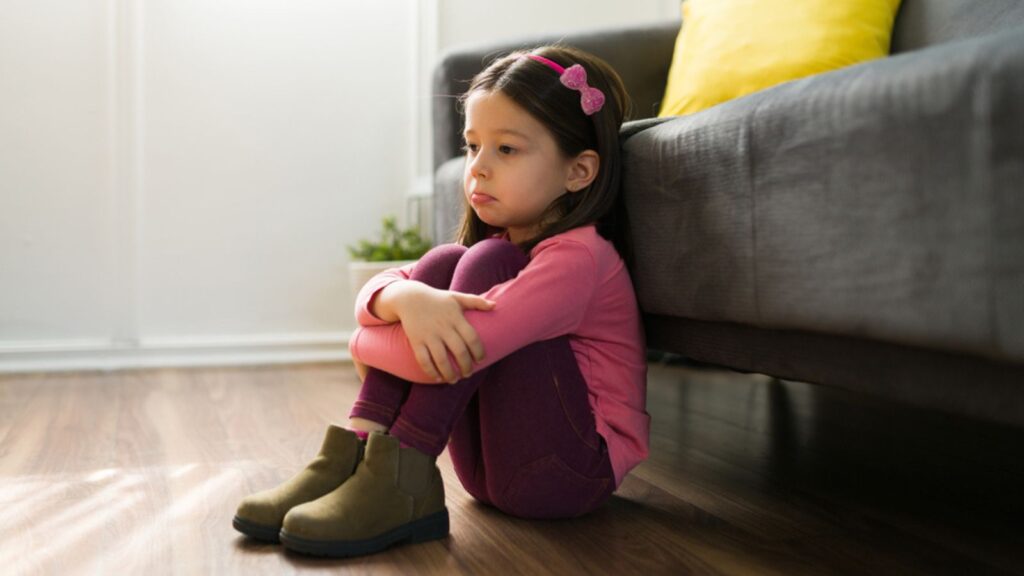
Sometimes, bullying behavior might be a sign of mental health issues that haven’t been spotted or treated yet. Kids dealing with stuff like depression, anxiety, or ADHD often find it hard to control their emotions and impulses, which can lead to them acting out aggressively or bullying others.
For instance, research shows that kids with ADHD are more likely to engage in bullying, either as bullies or as victims. This might be because of typical ADHD traits like acting without thinking, not getting social cues, or having a hard time controlling emotions. These issues can lead to social rejection and conflicts, making it easier for kids with ADHD to get involved in bullying situations.
14. Lack of Accountability

When bullying isn’t stopped, or strict actions are not taken, it gives kids an impression that they can get away with it without realizing its serious consequences. If schools, parents, or other authorities don’t step up and show bullies that their actions are wrong, it kind of looks like bullying is okay, which it’s definitely not.
We need to have clear and fair consequences for bullying. This tells kids that what they do matters and has real effects.
When bullies get the taste of their medicine, like losing some privileges or having to go to counseling, they might decide to act better in the future.
15. Hormonal Changes
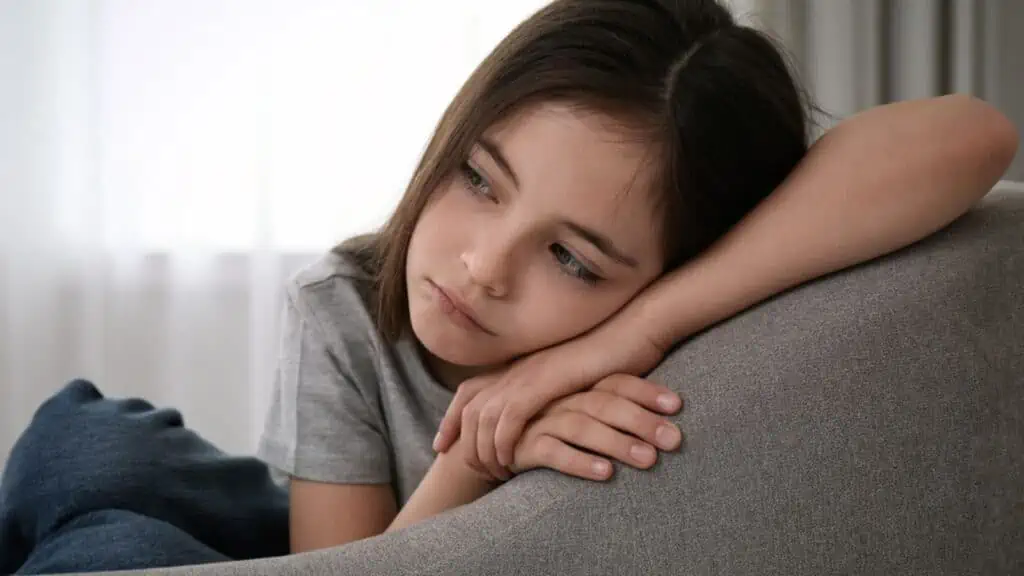
Puberty is a rollercoaster ride and messes things up for kids in their preteen and early teen years.
With hormones all over the place, mood swings are pretty common. During this stage, children may feel confused, insecure, and overwhelmed with their changing bodies and emotions. This can lead to an increase in aggressive behavior and bullying.
Children lash out at others to cope with their overwhelming emotions. In some cases, puberty can even trigger underlying mental health issues such as depression or anxiety, which can also contribute to bullying behaviors.
16. Sense of Being Superior To Others
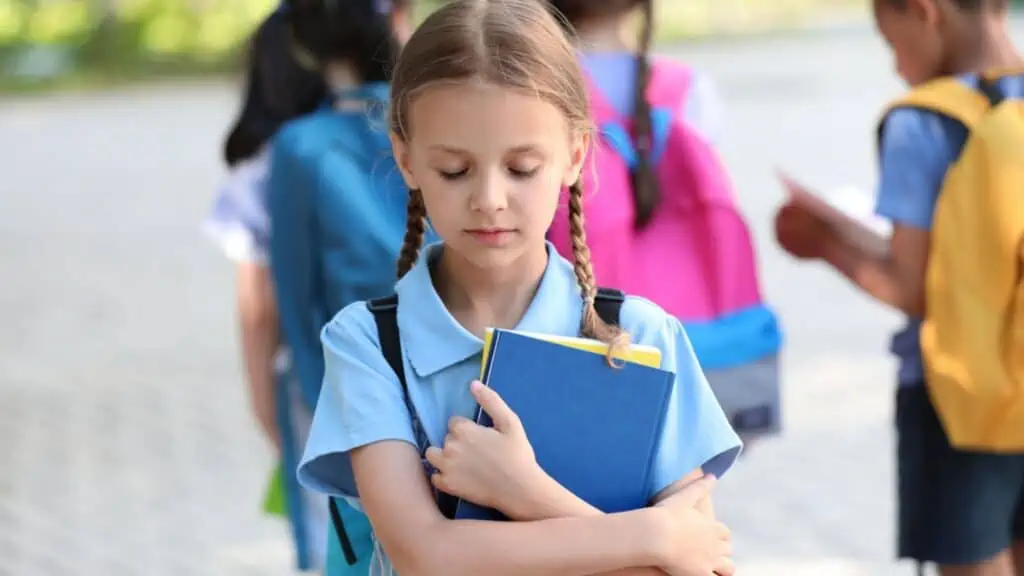
Some children feel they are superior to other kids, and it’s their right to mistreat people. It could be due to various factors, such as being spoiled, getting a lot of praise, or seeing privilege around. These children may use bullying as a way to show off their so-called superiority.
Make sure your kids know about empathy, equality, and respecting others. It can help stop bullying that comes from thinking they’re more special than they are.
20 Strong Words Parents Should Never Say to Their Kids
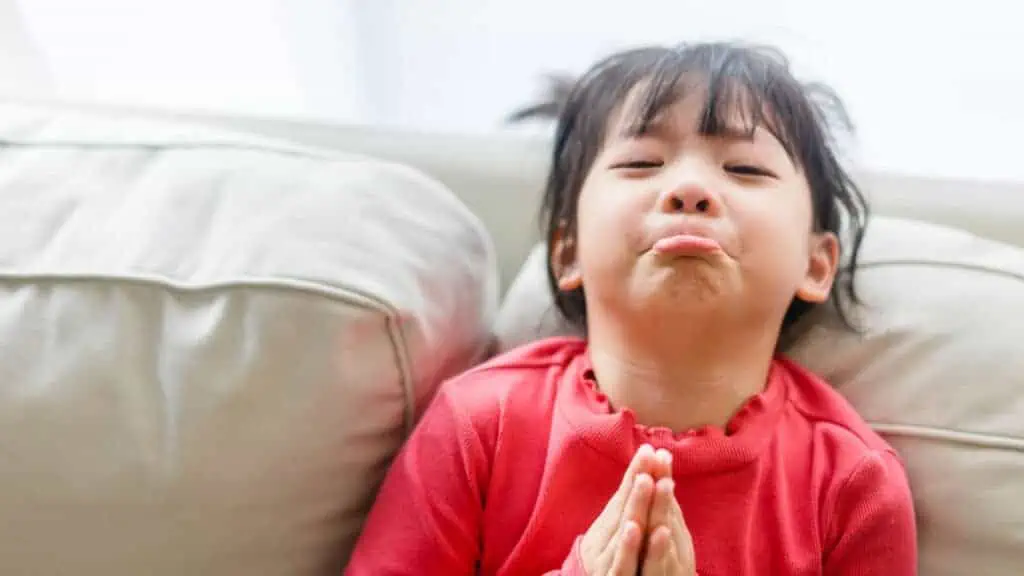
Countless adults sitting in a therapist’s office today are grappling with the lasting impact of words spoken by their parents during childhood. Regardless of how you perceive yourself, in your child’s eyes, you are nothing short of the most remarkable thing to happen to them since “skip intro.” This underscores the critical importance of being mindful of what you say to your children, as your words become the small but influential voice in their developing minds.
20 Strong Words Parents Should Never Say to Their Kids
30 Ridiculous Baby Names That Will Be Mispronounced for the Rest of a Child’s Life
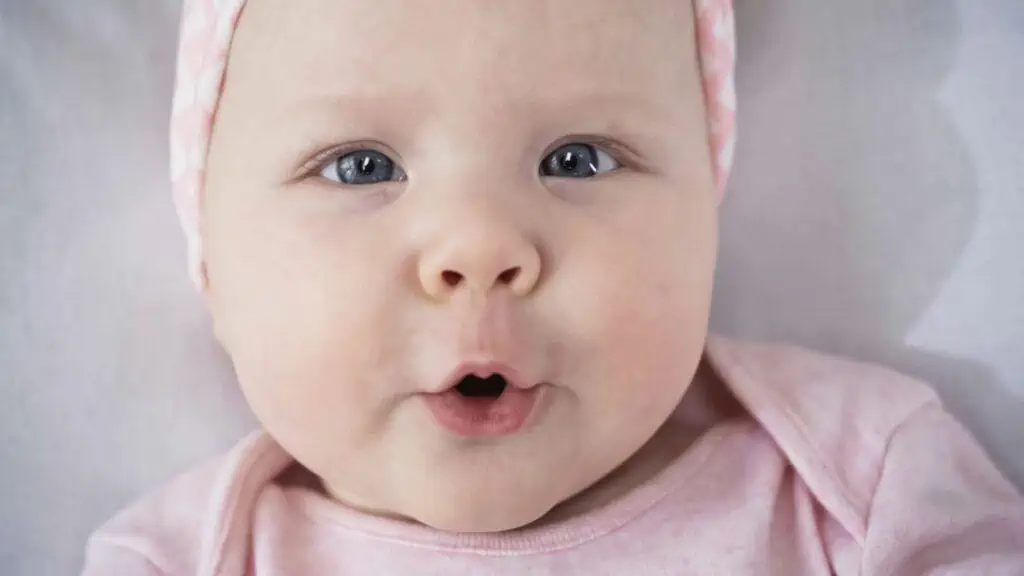
Choosing a name for a newborn is a weighty responsibility for new parents, as it wields a profound influence on a child’s identity. Yet, what unfolds when the selected name emerges as undeniably cringe-worthy? Some parents go to great lengths to deviate from tradition, occasionally venturing into the domain of bewilderment, which leaves others puzzled and scratching their heads.
30 Ridiculous Baby Names That Will Be Mispronounced for the Rest of a Child’s Life







